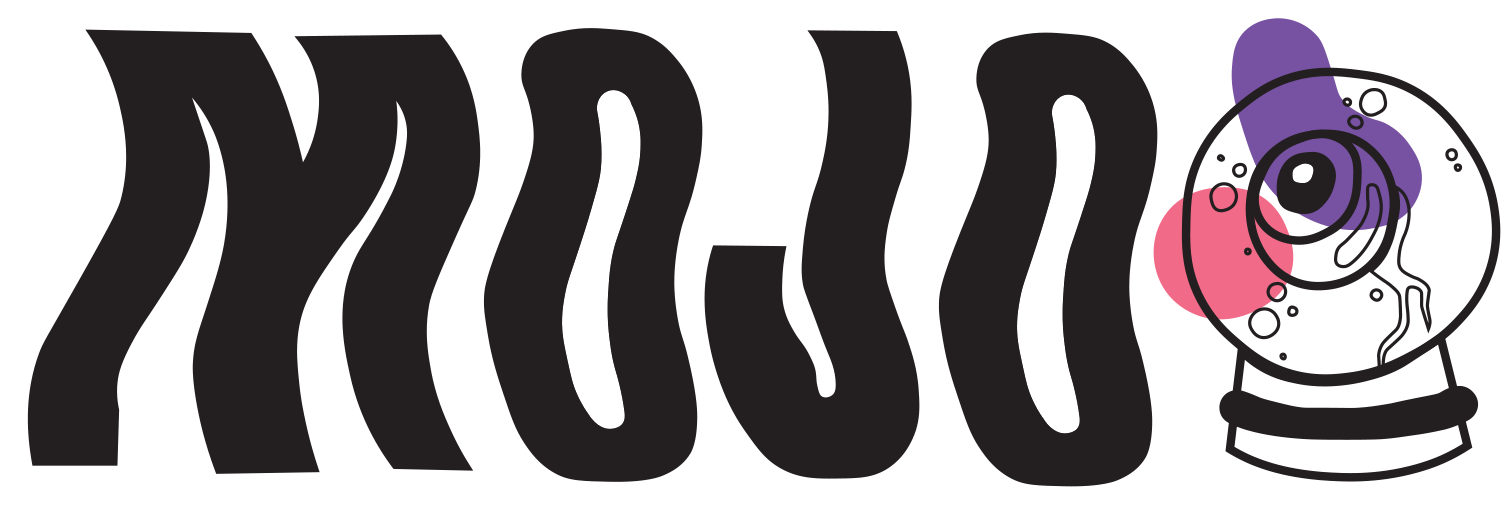Deborah Bacharach is the author of After I Stop Lying (Cherry Grove Collections, 2015). Her work has appeared in The Antigonish Review, Arts & Letters, Cimarron Review, and The Texas Review among many others. Find out more about her at DeborahBacharach.com.
Rhonda Davis is a Kansas based multi-media artist predominantly known for her intricately detailed pen and ink drawings that weave imagery and pattern to initiate a visual dialogue with her viewer. Using physical mark making, she strives to create work that explores the ways we connect or disconnect with ourselves, others and our environment. Personal mythology and the stories woven within different cultures are a primary source of inspiration and contemplation for Davis. The natural environment became a large focus in her work after a residency in Shelton, Washington. While at that residency, she witnessed the ways people engage with the natural environment, but also witnessed a disconnect humans have in regards to their impact on something so vital to human survival. She holds a BFA from Wichita State University and has participated in numerous solo and group exhibitions. Her website is rhondadavisart.com.
Leigh Holland grew up in Alabama, got her MFA in Creative Writing from Vanderbilt University, and then decided to move abroad. She is now enjoying her fifth year of teaching English in South Korea, home of the world’s best barbecue. Her poetry includes formal verse, southern realism, and fantasy-inspired lyricism in equal parts, and her work has appeared in Rumblefish Quarterly, Subterranean Blue, The Remembered Arts Journal and Zoetic, among others. In her spare time, she trains for races, makes decoden phone cases, and reads the Harry Potter series in Korean to improve her second language skills.
Sabrina Ito lives in Honolulu with her husband, Victor, and her son, Xander. An International Baccalaureate (IB) teacher, Sabrina also enjoys writing, cooking, spending time with family, and is at her happiest in or near the ocean. Sabrina’s poems have appeared in Clarion Magazine, Slipstream Press, The Cossack Review, West Trade Review and Artemis Journal, among others. A Pushcart nominated author, Sabrina has work forthcoming in Bamboo Ridge Journal and Plan B Press, which will be publishing her first chapbook, entitled Witches of Lila Spring.
Naphisa Senanarong grew up in Bangkok, Thailand but is residing in Boston. She received her BA English concentration in Creative Writing at Boston College. Her work is published or forthcoming in Bennington Review and Oracle Fine Arts Review. She won the McCarthy award for best collection of creative writing at Boston College, and also received the Devers Fellowship: a grant awarded to the student who shows the most promise for a career in writing.
Nikoletta Nousiopoulos is a mother, wife, and poet who resides in Southeastern Connecticut. She published all the dead goats in 2010 with Little Red Tree Publishing. Some of her poetry has appeared in Tammy, Pioneertown Literary Journal, Thin Noon, Meadowland Review, and others. She is taking some time off as an adjunct professor of writing to focus on motherhood and poetry.
Jackie Sizemore is a writer, educator, and entrepreneur. With no hometown to speak of, she comes from the Rustbelt, the South, and Tokyo. Her creative writing has previously appeared in Paper Darts, Literary Orphans, The Evansville Review, the Eastern Iowa Review, Opossum, and Ravishly’s Long Reads. Work is forthcoming in Crab Orchard Review and Citron Review. Magazine features and critical essays have appeared in Crixeo, Artrepreneur, CollegeXpress, and GOOD magazine. Her novel in progress was a finalist for the Barbara Deming Memorial Fund and her flash memoir was longlisted for the Alpine Fellowship. In 2017 the Wyoming Arts Council awarded her a Professional Development Grant. She received her MFA from Boise State University and is currently running her writing coaching practice, Point of View Consulting. Follow her @sizemorepov.
Nick Tryling (she/her/hers) writes, edits, and teaches in Chicago. Her opinions about higher education have been published online in LearnForward and her poetry can be found in Cranky. She splits her editorial time between RHINO poetry and LEVITATE literary magazine, a publication connected to the Creative Writing Conservatory of The Chicago High School for the Arts.
Adam Walz is a professional writer from Northern Indiana with a background in Creative Writing and African American studies, primarily focused on contemporary poetry. Previous work has or is appearing in mojo by Mikrokosmos Journal, Analecta, and New Views on Gender.
Sam Herschel Wein lives in Chicago and specializes in aimless frolicking. He is a poetry editor for The Blueshift Journal and is co-founder of a new journal, Underblong, with his friend and esteemed poet, Chen Chen. His chapbook, Fruit Mansion (Split Lip Press, 2017) was the winner of the 2017 Turnbuckle Chapbook prize. Recent work has appeared in Vinyl Poetry, Pretty Owl Poetry, and Connotation Press, among others.




